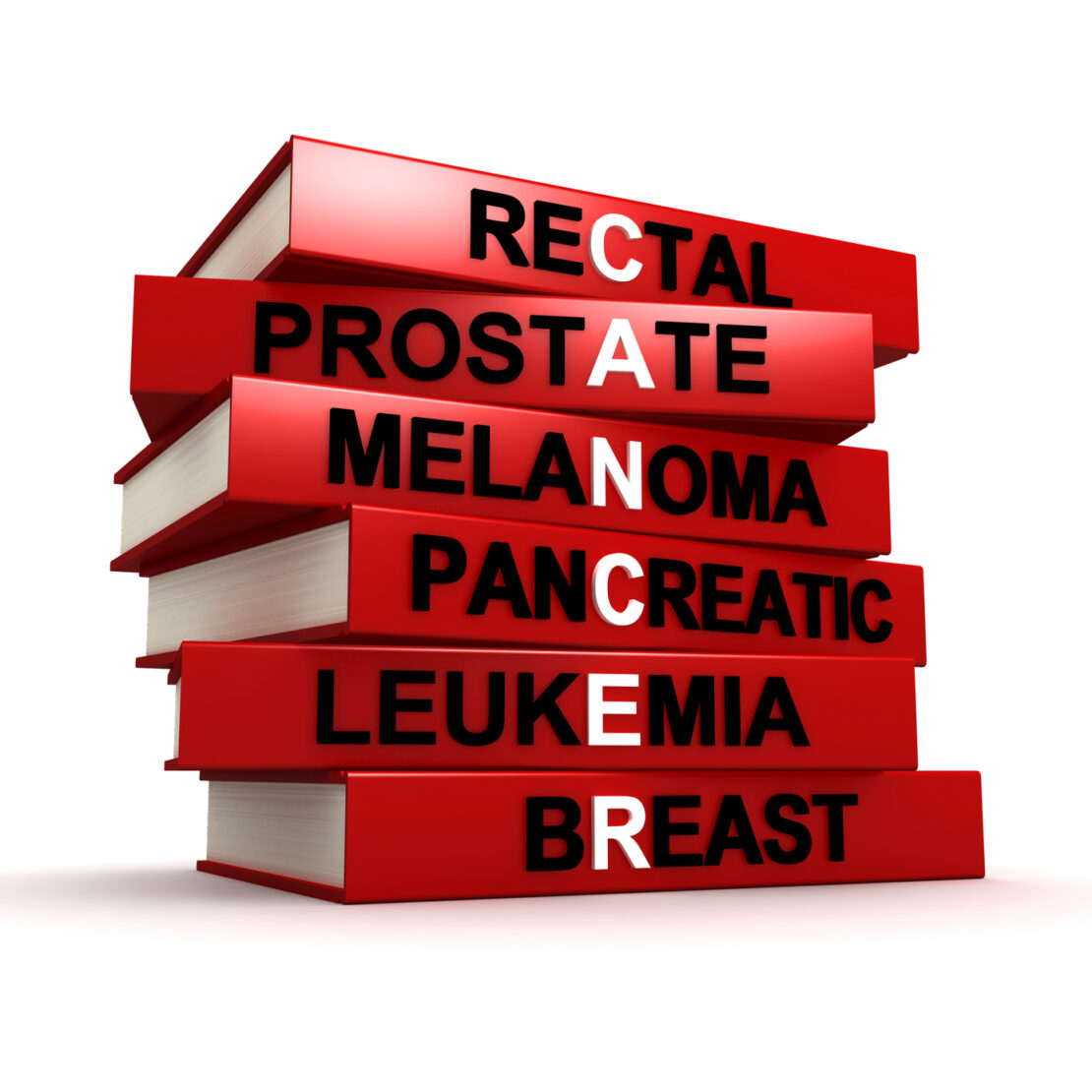The historical record shows cancer wasn’t widespread among humans until the Industrial Revolution.
The best-preserved human remains from antiquity are the mummified bodies of Egyptian rulers. Hundreds of mummies have been subjected to microscopic examination.
But Professor Michael Zimmerman of Villanova University found that just a single one shows any evidence of cancer. That’s a stark contrast to cancer rates today. In the U.S., one in two men can expect to get cancer at some point in their lives. The rate for women is one in three.[1]
The striking rarity of cancer in ancient remains suggests that “cancer-causing factors are limited to societies affected by modern industrialization,” said Professor Zimmerman.[2]
“There Is Nothing in the Natural Environment That Can Cause Cancer”
Professor Zimmerman and his colleague, Professor Rosalie David of the University of Manchester in England, combed ancient Egyptian and Greek texts for evidence of cancer. They also analyzed studies of prehistoric human and animal remains.
They found that cancer did not widely affect humans until about 300 years ago. The first reports of cancer in scientific literature came in 1700s. That’s when doctors noted scrotal tumors in chimney sweeps and nasal cancer in snuff users.
“In industrialized societies, cancer is second only to cardiovascular disease as a cause of death, but in ancient times, it was extremely rare,” said Professor David.
“There is nothing in the natural environment that can cause cancer.”
Cancer: A Man-Made Plague
Despite new treatments, the incidence of cancer keep rising.[3]
We now come into contact with cancer-causing chemicals every day. A group of scientific and government groups published a list of common carcinogens.[4]
They include:
- Atrazine, an herbicide used in farming.
- Chloroform, a water-disinfection by-product found in tap water.
- Diesel engine exhaust.
- Diethylheyxl phthalate (DEHP), a chemical that makes vinyl plastics softer and more pliable.
- Formaldehyde, a chemical used in hundreds of products, including furniture. It comes from paint, water pipes, and the past use of leaded gasoline.
- Polychlorinated biphenyls (PCBs), long-banned industrial flame retardants that are still found in the food supply.
- Styrene, which is used to make polystyrene foam coffee cups and takeout containers.
- Perchloroethylene, a dry-cleaning solvent.
It’s impossible to completely avoid exposure to cancer-causing chemicals. But there are simple and effective ways to protect yourself:
- Install a water filter. A high-quality filter can remove atrazine, chloroform, formaldehyde, and many other chemicals from your water.
- Go organic. This minimizes exposure to pesticides, herbicides, artificial fertilizers, and antibiotics.
- Avoid plastic foam products. Don’t drink coffee from foam cups or get takeout food in foam containers. This minimizes exposure to styrene.
- Skip antibacterial soaps. They often contain triclosan, which can react with chorine in drinking water to form chloroform. Regular soap is just as effective at disinfecting hands.
- Shun vinyl products. They can contain DEHP. Common offenders include shower curtains, floor tiles, products packaged in vinyl encasements (like curtains and bedding), and anything else that smells strongly of plastic.
- Don’t dry-clean. It saturates clothing with perchloroethylene. Even the most delicate fabrics can be hand-washed at home with gentle detergents.
- Buy solid wood products. Pressed-wood products and their glues and stains are the most significant sources of formaldehyde.
By minimizing your contact with modern cancer-causing substances, you can help make cancer what is was up until a few hundred years ago: uncommon and non-threatening.
Editor’s Note: If you’re worried about cancer, you need to read our monthly journal Independent Healing. It’s your best source for unbiased, evidence-based medical advice.
Discover The Cancer Kill Code. It’s a secret natural trigger that detonates cancer’s self-destruct button. Get all the details HERE.
Related Articles
Al Roker’s Cancer Surgery: “I’m Gonna Be OK”
The ‘Yogurt Solution’ to Breast Cancer
Alex Trebek: Cancer Breakthrough Came Too Late to Save Him
[1] https://www.cancer.org/cancer/cancer-basics/lifetime-probability-of-developing-or-dying-from-cancer.html
[2] http://www.nbcnews.com/id/39687039/ns/health-cancer/t/cancer-man-made-disease-controversial-study-claims/#.Wk-eY1WnFhF
[3] https://www.womenshealthmag.com/health/chances-of-cancer
[4] http://www.foxnews.com/health/2017/11/09/11-easy-ways-to-protect-against-cancer-causing-chemicals.html

